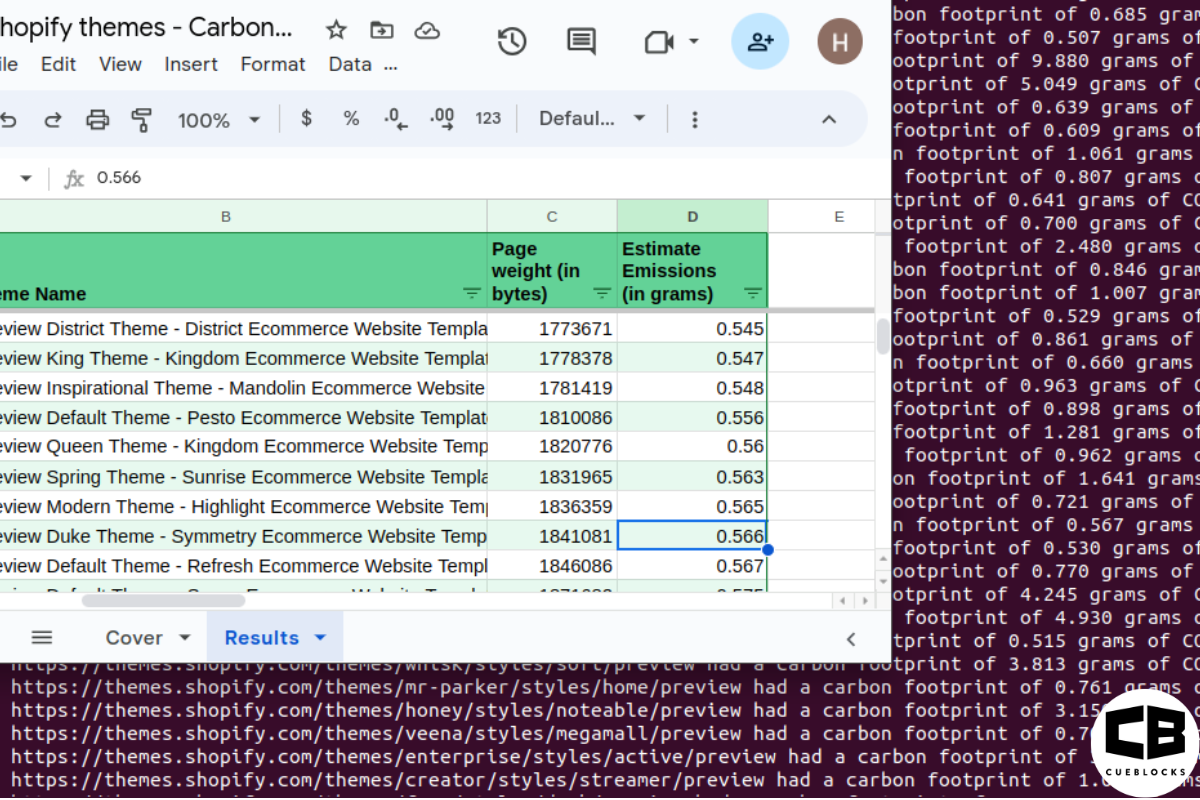
Using Contractions
Contractions are when words are shortened by omitting some parts of the words and fusing them with other words. We use contractions a lot more in our speech than while writing. It has just become the way we speak and converse. Though the speech patterns and style of youngsters and seniors differ greatly, yet usage of contractions can be found in both. Americans are known for their love for them.
Some of the most common contractions are:
- Do not – Don’t
- I am – I’m
- He is/ He has – He’s
- You are – You’re
- I have – I’ve
- I will – I’ll
- You would – You’d
Contractions in Formal Writing
We use contractions on daily basis but you will rarely come across them in formal writing. However, things are changing now and you can find them sprinkled here and there in a copy. This is mainly due to In informal and personal letters, we can make use of contractions and slangs but rarely in formal exchange (written and spoken). If ever contractions are used in formal writing it is within quotes. For example, in a novel or a story, to express a protagonist’s feelings, a writer may use a sentence with contracted form of words within the quotes. But not otherwise!
The easiest way of using contractions is to put an apostrophe wherever you miss the letters. For example:
- cannot is written as can’t (the ‘no’ is replaced by an apostrophe)
- I would is written as I’d (the ‘woul’ is replaced by an apostrophe)
Contracted Words without an ‘apostrophe’
Contractions not only make conversations casual but also crisper. Colloquial speech is full of contracted words and are used very commonly – gonna (going to), wanna (want to), gotcha (got you), lemme (let me), gimme (give me), gotta (got to), kinda (kind of) etc are a few examples. These are confined to informal speech and are avoided altogether in written or formal communication.
Contraction is important part to our speech and its usage suprisingly conveys the message a bit faster.
Well would you rather answer “Hi wassup?” or “How are you?/ How’s life?”
- About the Author
- Latest Posts
I am a writer, reader, and a part time adventure and travel enthusiast. The other three things that vie for my mind share are dark chocolate, coffee, and photography. I am highly motivated by user perspectives and addressing the common human experience when I write.
-
Evaluating the Carbon Emissions of Shopify Themes
by Harleen Sandhu
Committing to green claims as a business is a huge promise to deliver on. For ecommerce stores, Shopify is leading …
Continue reading “Evaluating the Carbon Emissions of Shopify Themes”
-
Dark Mode: Accessibility vs Sustainable Web Design
by BalbirIntroduction Dark mode, a feature that lets users switch the color scheme of an app or website to darker colors, …
Continue reading “Dark Mode: Accessibility vs Sustainable Web Design”
-
Discover Essential Sustainable Marketing Principles and Strategies for Ethical Business Growth
by Pancham Prashar
Given the major issues that our world is currently facing, such as pollution and climate change, sustainability becomes an inevitable …
-
Show, Don’t Tell: Demonstrating Transparency in Your eCommerce Store
by Pancham PrasharFor an eCommerce brand committed to good, success goes beyond creating excellent products; it extends to effectively communicating your values …
Continue reading “Show, Don’t Tell: Demonstrating Transparency in Your eCommerce Store”
-
How to Market Sustainable Products Effectively
by Nida Danish
In today’s market, sustainability has evolved from a passing trend to a pivotal consideration for both consumers and businesses. Globally, …
Continue reading “How to Market Sustainable Products Effectively”
-
Decoding B Corp Marketing Challenges: Strategies for Success
by Nida DanishToday, businesses place high importance on sustainability and ethical practices. For B2B and e-commerce leaders, being a certified B Corp. …
Continue reading “Decoding B Corp Marketing Challenges: Strategies for Success”




